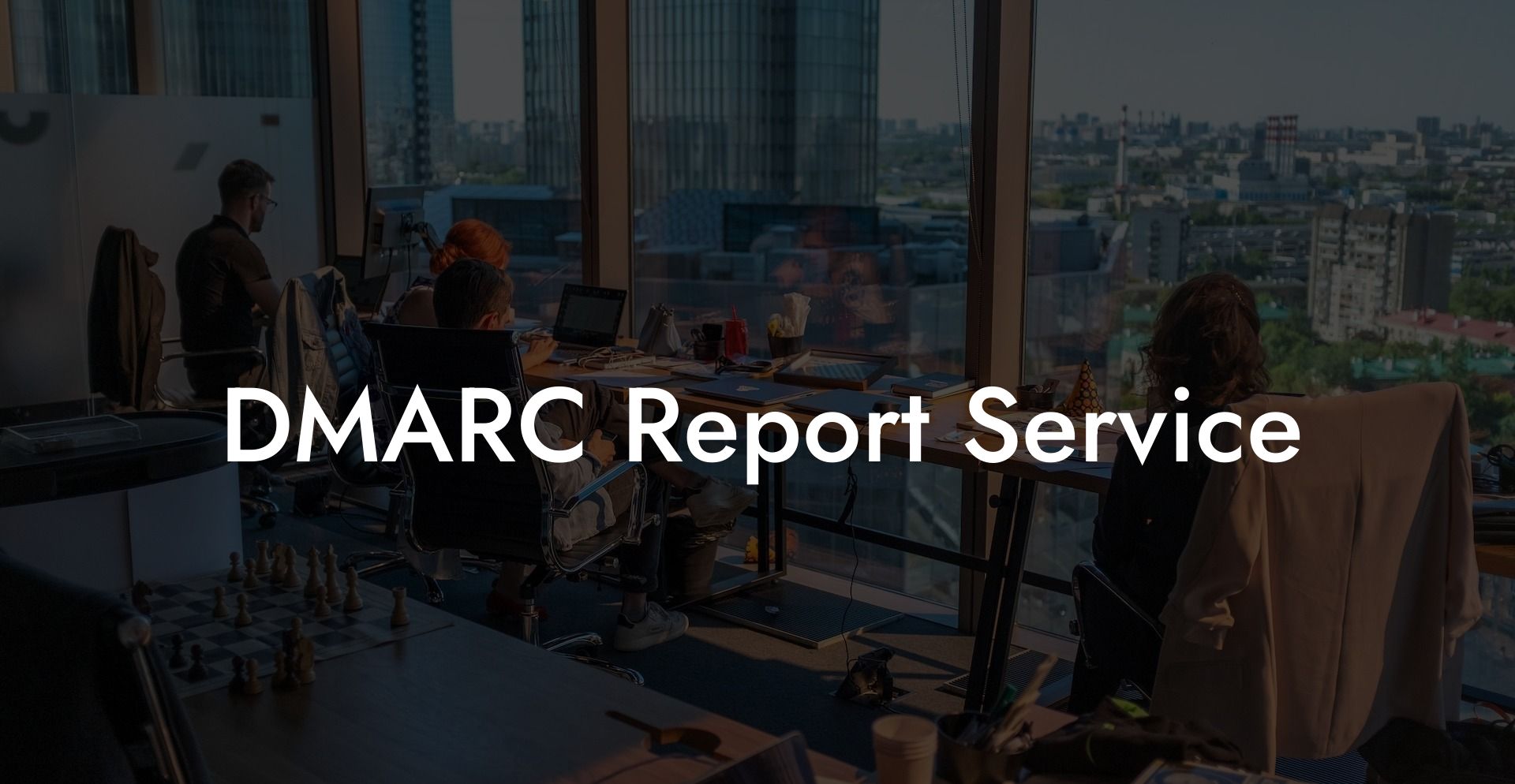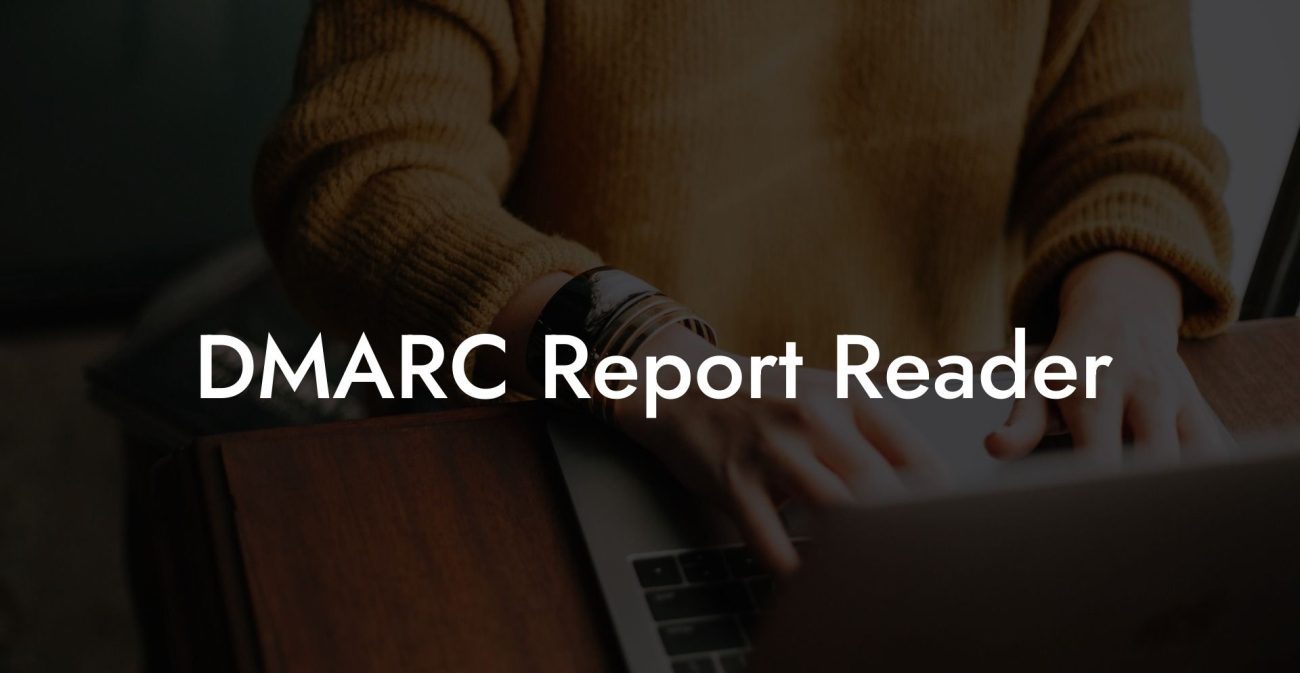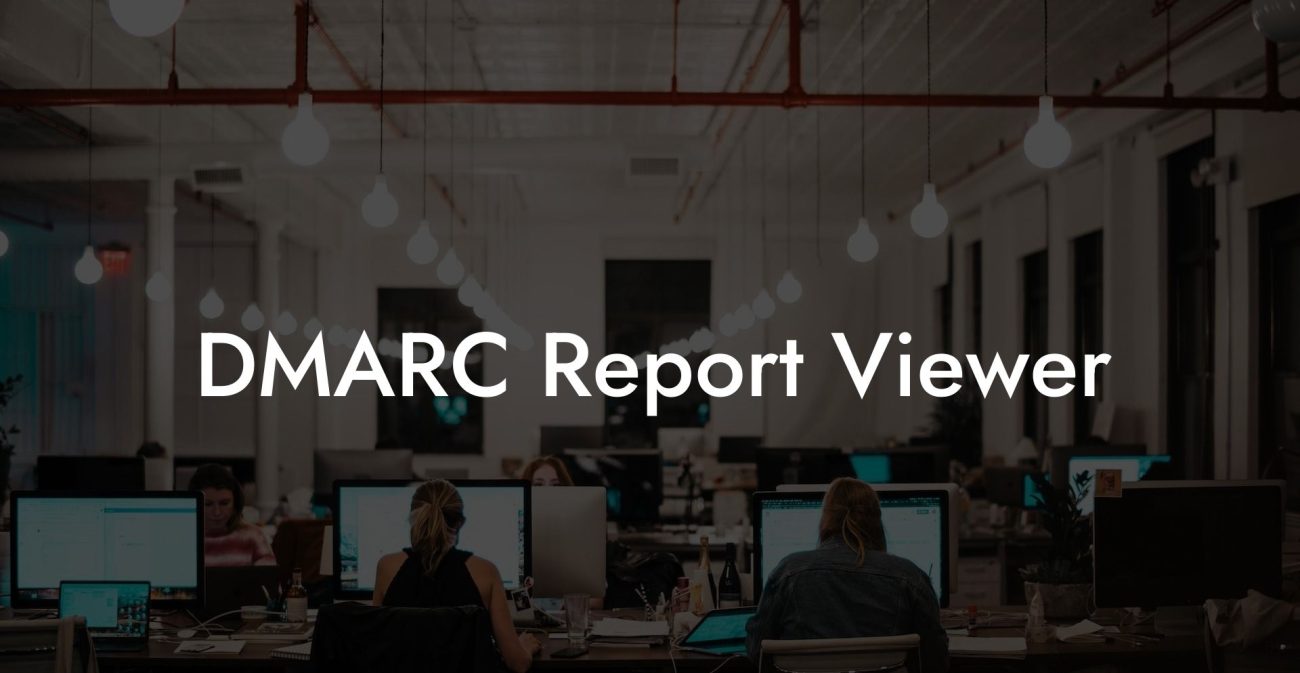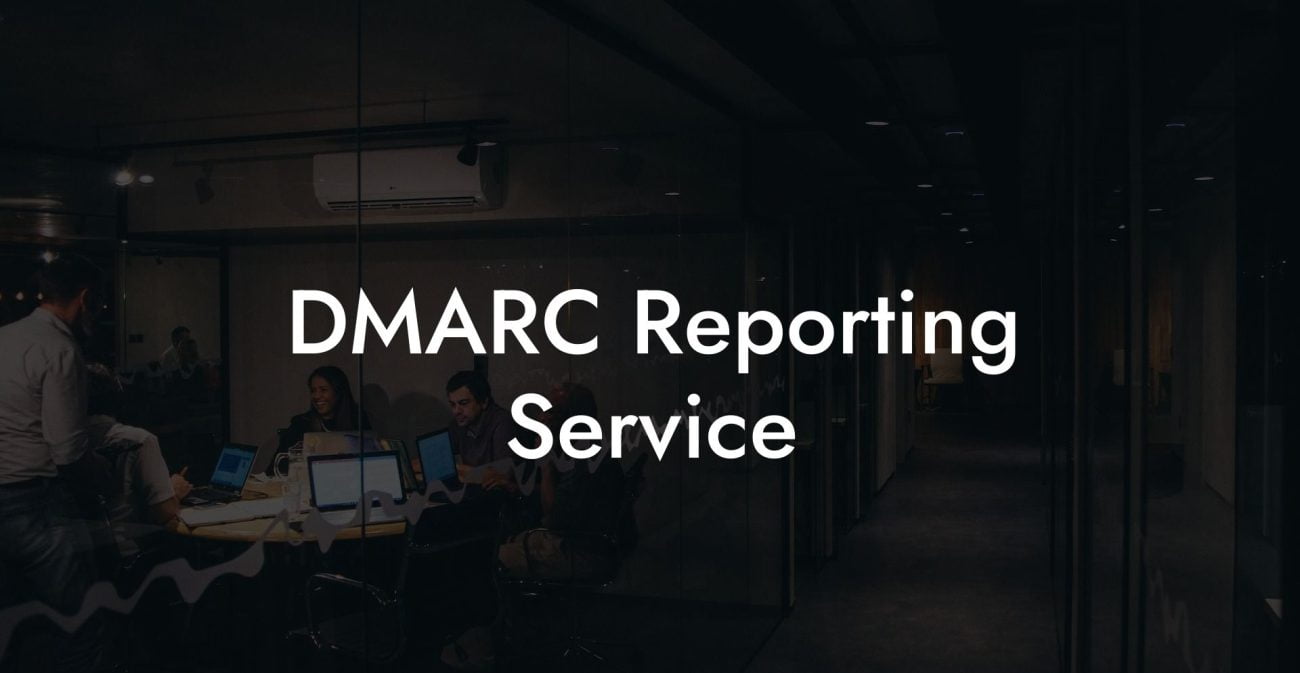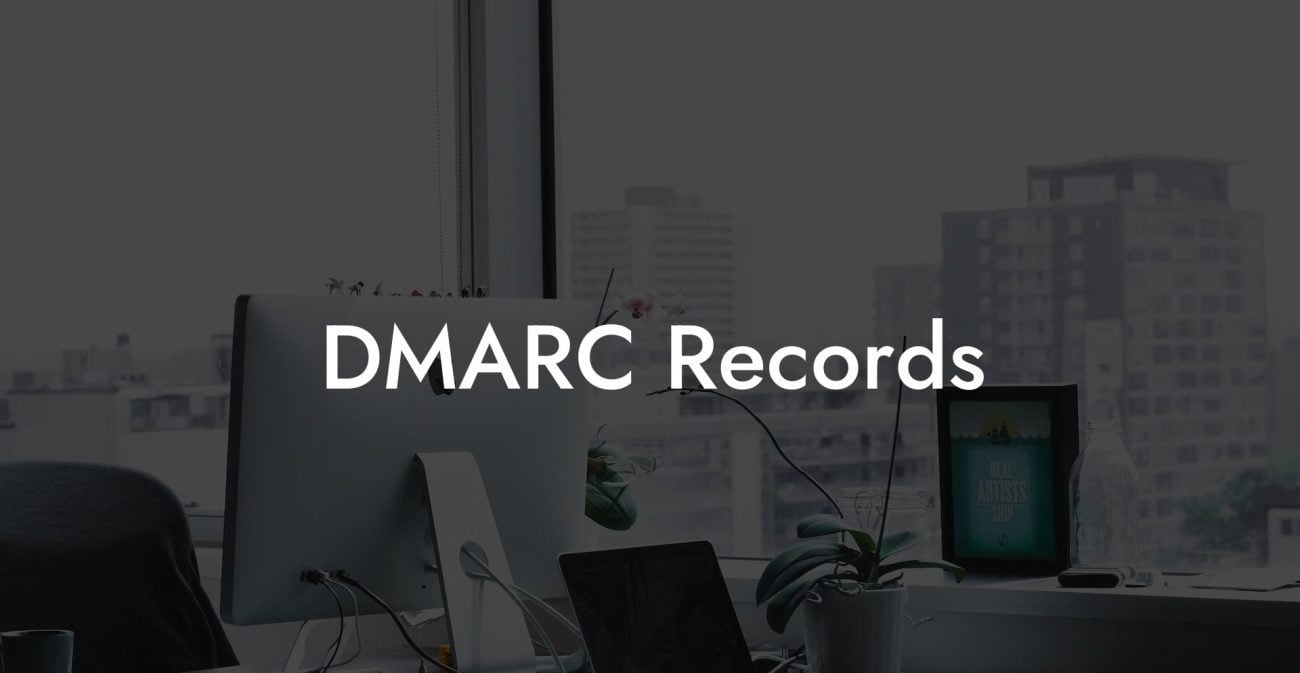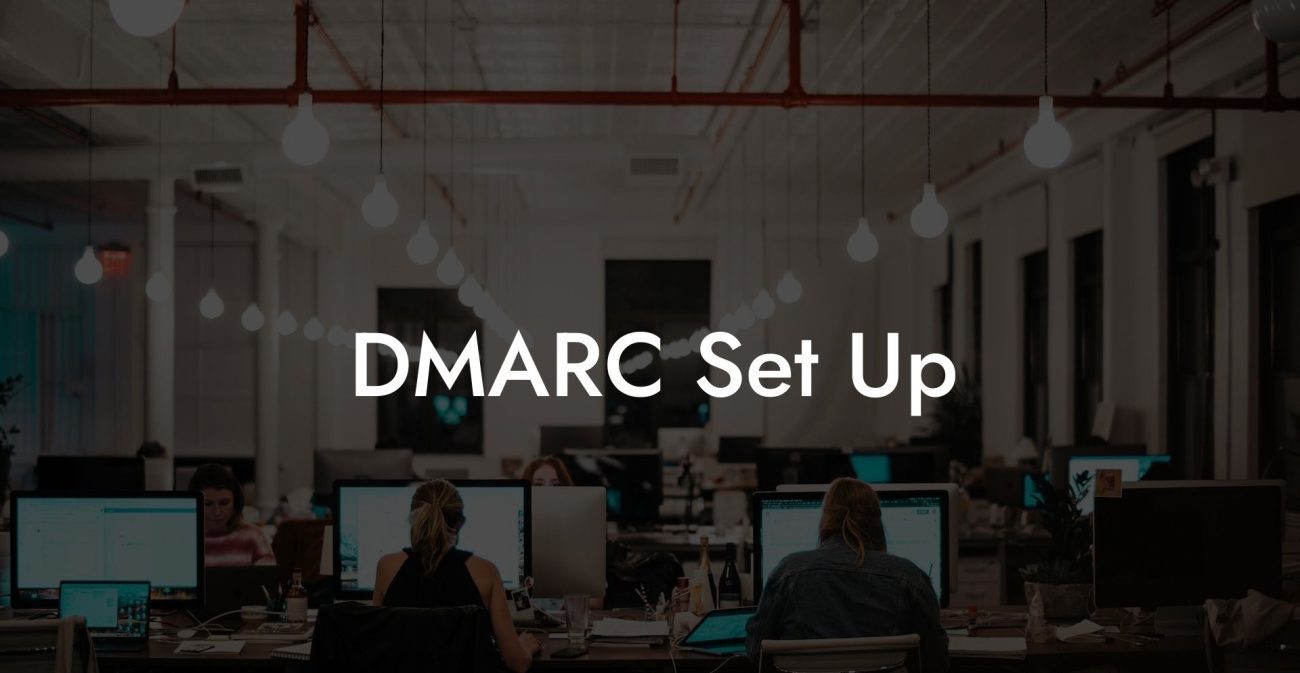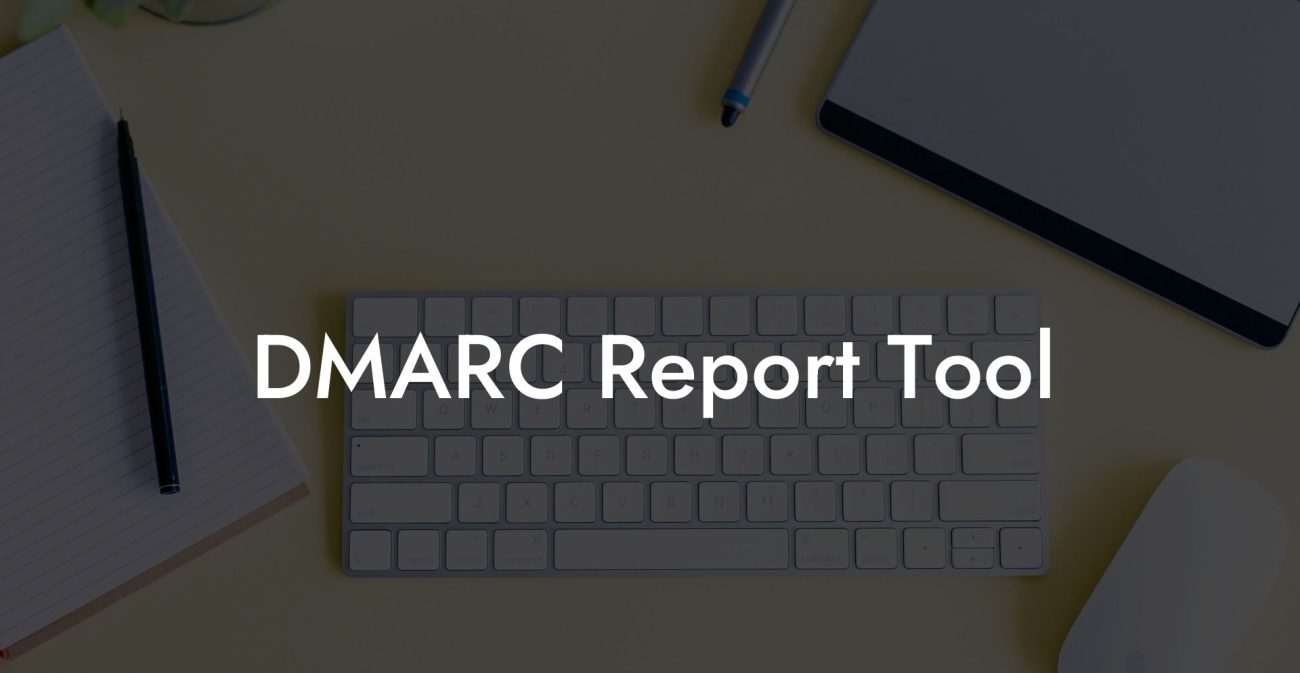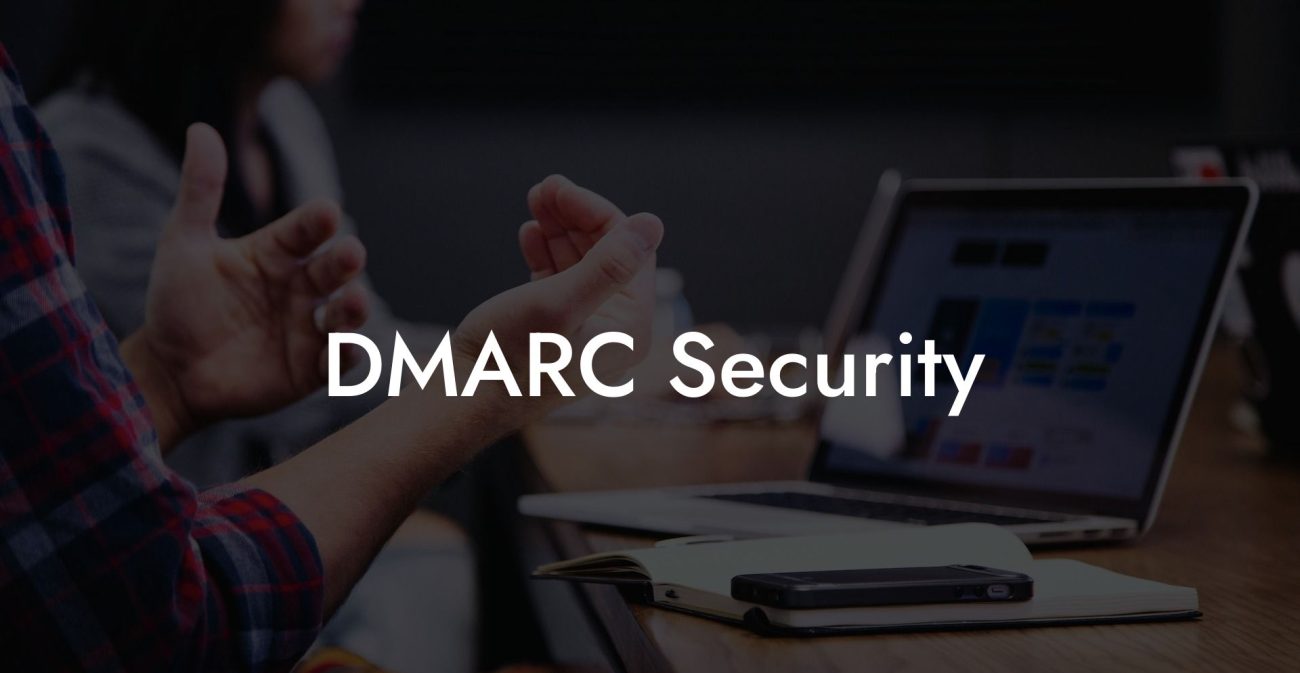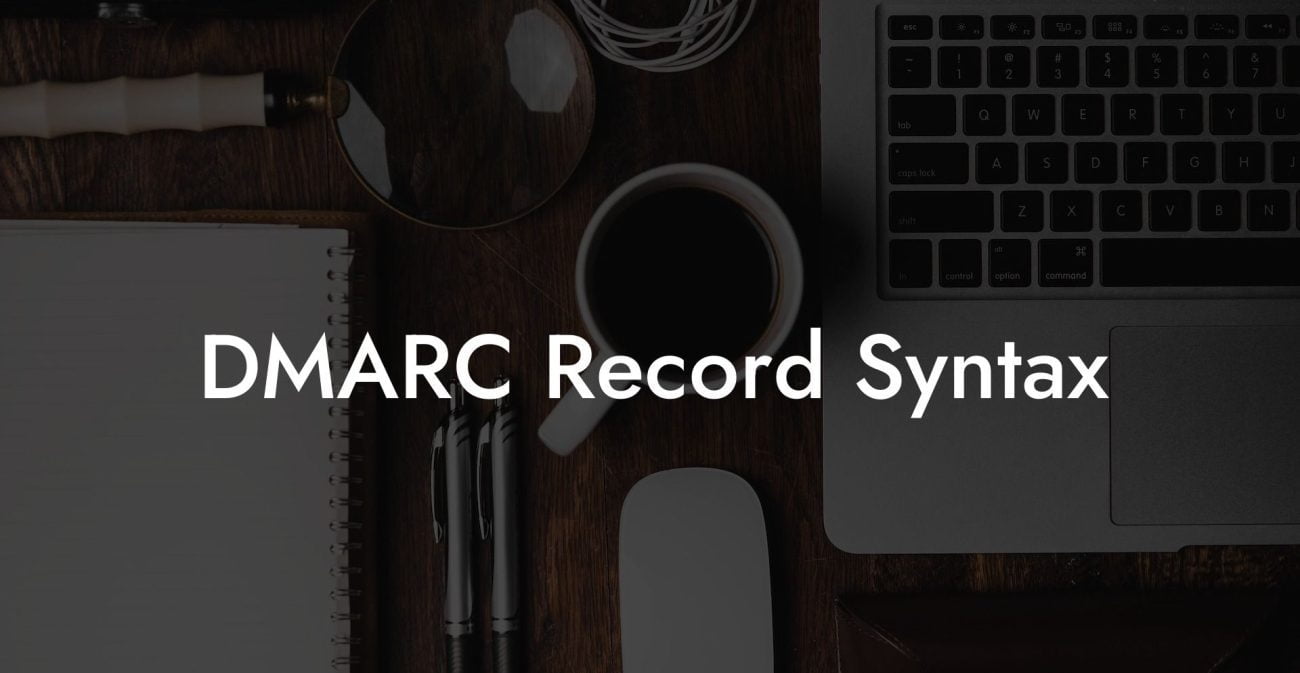In today's world of advanced technology and ever-evolving cyber threats, it's crucial for businesses to stay ahead of potential security breaches. One such threat is the notorious spam and phishing emails that can harm a company's reputation and email deliverability. To combat these threats, DMARC (Domain-based Message Authentication, Reporting, and Conformance) report services came into existence. In this comprehensive guide, you'll discover what DMARC is, how a DMARC report service works, and how you can leverage it for enhanced cybersecurity.
What is DMARC?
DMARC is an email authentication protocol that helps protect your domain from spoofing, and thus, indirectly prevents phishing attacks. It does this by working alongside two other email authentication protocols: SPF (Sender Policy Framework) and DKIM (DomainKeys Identified Mail). When implemented, DMARC allows domain owners to control how their domain is used by defining a clear set of guidelines for email receivers to follow.
How DMARC Works
Protect Your Data Today With a Secure Password Manager. Our Top Password Managers:
DMARC combines the power of SPF and DKIM, while adding an extra layer of reporting to enable domain owners to monitor how their domain is being used in emails. When an email is sent, the receiving server checks for DMARC policies by:
1. Verifying that the email aligns with an SPF record.
2. Verifying that the email contains a valid DKIM signature.
3. Checking the DMARC policy of the sender's domain.
When all criteria are met, the email is considered authentic and delivered. If not, the email can be flagged or rejected, depending on the sender's DMARC policy.
DMARC Report Service
A DMARC report service helps you monitor your email authentication results and gives insight into your email traffic. When using such a service, you'll receive regular DMARC reports containing information about the emails sent from your domain, allowing you to identify and address any issues proactively.
Benefits of Implementing a DMARC Report Service
- Improved email deliverability: A strong DMARC policy increases the likelihood of your legitimate emails being delivered to recipients' inboxes by ensuring that only authenticated emails are sent from your domain.
- Reduced risk of phishing attacks: Since DMARC discourages fraudulent emails, it offers protection against phishing attacks and email spoofing.
- Enhanced reputation: Implementing DMARC gives you better control over your email traffic and helps build trust with email receivers and customers.
- Greater visibility: With DMARC reports, you gain valuable insights into your email traffic, identifying authorized and unauthorized senders, and helping you detect potential security issues.
- Compliance: Many industries require email authentication protocols like DMARC to meet regulatory and compliance standards, such as GDPR and HIPAA.
DMARC Report Service Example:
Let's say an organization, ABC Company, wants to improve its email security and enhance its reputation. They decide to implement a DMARC report service. Here's how it would work:
1. ABC Company sets up the necessary SPF, DKIM, and DMARC authentications for their domain.
2. They then sign up for a DMARC report service provider.
3. The service provider helps them create a DMARC record with the appropriate policies, and they add it to their DNS.
4. ABC Company starts receiving DMARC reports containing details about the emails sent from their domain. They can now identify any unauthorized senders or potential spoofing attempts.
With this actionable information provided by the DMARC report service, ABC Company can secure their domain against spoofing and phishing attacks, and efficiently manage their email reputation.
Implementing a DMARC report service is a crucial step towards enhancing your cybersecurity and ensuring that your emails are delivered reliably to your recipients. By taking a proactive approach, you can protect your domain, your reputation, and your customers. Share this informative guide with your network and learn more about DMARC and other cybersecurity best practices on Voice Phishing.
Protect Your Data Today With a Secure Password Manager. Our Top Password Managers:

